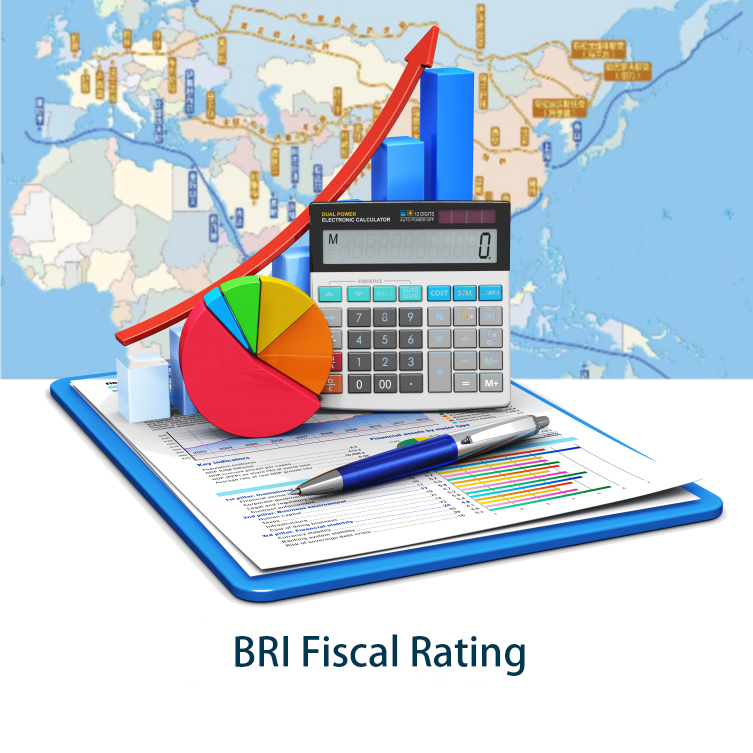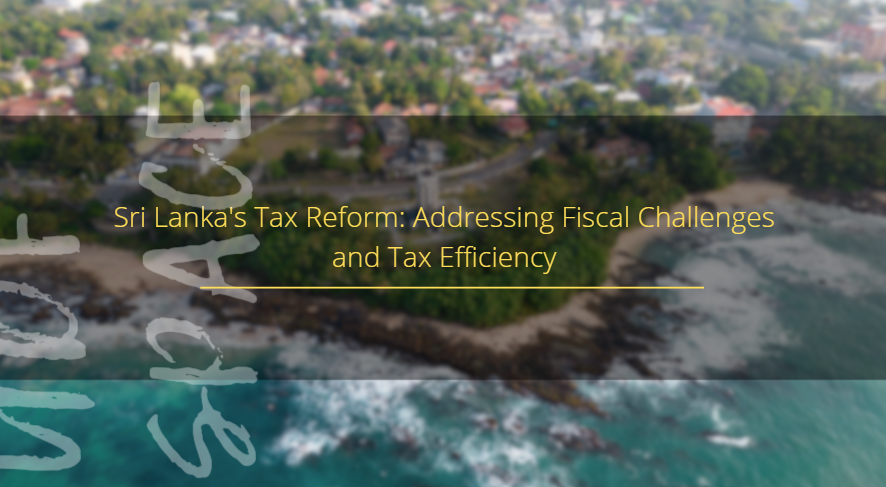Kuwait's Corporate Income Tax Proposal: A Comprehensive Overview
The Ministry of Finance is accelerating efforts to finalize Kuwait's Corporate Income Tax framework, as reported by Al-Seyassah on October 27. If enacted, the proposed tax system will mark a significant shift in Kuwait's fiscal policy, aligning with global tax practices and impacting both local and multinational businesses operating within its borders.
Key Features of the Proposed Tax Framework
1. Tax Rate and Applicability
- A **15% flat income tax will apply to companies' business activities starting January 1, 2025. This primarily targets multinational corporations and larger businesses.
- Small businesses generating annual turnover below KD 1.5 million will be exempt.
- Income derived by legal entities wholly owned by the state will also remain tax-free.
2. Special Provisions for Cross-Border and Divided Zone Income
- Business income originating from Kuwait's divided or submerged divided zones will incur a 30% tax rate, reduced to 50% if 50% of the tax is already paid to Saudi Arabia.
- A supplementary tax will apply to multinational corporations with effective tax rates below the global minimum of 15%.
3. Withholding Tax on Non-Resident Payments
A 5% withholding tax will apply to specific payments made to non-residents, including:
- Dividends
- Royalties
- Rent for movable and immovable property
- Technical services
- Insurance premiums
This withholding tax excludes payments tied to permanent establishments within Kuwait and requires tax deductors to withhold and remit the tax to the administration.
4. Advance Tax Payments
- Advance tax payments will commence in 2026 for early adopters.
- Taxpayers must pay estimated taxes quarterly, using financial statements as a basis. Any surplus payments will be refundable upon reconciliation of final tax returns.
5. Tax Registration and Compliance
- Companies must register with the Tax Administration within 30 days of starting business activities. Failure to comply allows the Tax Administration to register the entity using available data.
- Tax returns, accompanied by audited financial statements, must be submitted within six months of the tax period's end. Supplementary tax returns are granted a 15-month window.
6. Allowable Deductions and Loss Offsets
To encourage compliance and investment, the proposal permits various deductions:
- Losses carried forward for up to five years, limited to 75% of taxable income in the relevant year.
- Specific deductions for expenses such as:
- Salaries and wages
- Depreciation
- Technical services
- Contributions to the Kuwait Foundation for the Advancement of Sciences (KFAS)
7. Tax Dispute Mechanism
The proposed law introduces a structured process for addressing tax disputes:
- Taxpayers may challenge assessments by submitting objections within 60 days.
- Rejected cases may escalate to the Tax Grievances Committee, which has 90 days to resolve disputes.
- Further appeals can be made through competent courts.
- The Tax Grievances Committee will consist of:
- Tax Administration members
- Tax experts
- Representatives from Kuwait's Fatwa and Legislation Department
8. Penalties for Non-Compliance
- A 1% late payment fine will apply for every 30 days taxes remain unpaid. This penalty will affect:
- Late submission of tax declarations
- Failure to remit withholding taxes
- Delays in advance payments
- To secure tax debts, the Tax Administration can seek court orders to seize assets if liabilities are deemed at risk. Taxpayers may lift such actions by providing adequate guarantees.
Implications for Businesses
The draft tax law represents a comprehensive reform, with far-reaching consequences:
- Multinational Corporations: The proposed measures, including supplementary taxes and withholding taxes, will bring Kuwait closer to international tax compliance, such as the OECD's Pillar Two framework for a global minimum tax rate.
- Small and Medium Enterprises (SMEs): Exemptions for businesses with turnovers below KD 1.5 million will shield smaller entities from additional tax burdens.
- Local Businesses: Enhanced compliance measures, including stricter registration and reporting requirements, will compel businesses to maintain robust financial records and adhere to international accounting standards.
Aligning with International Tax Standards
The proposed reforms position Kuwait as a more transparent and globally competitive economy. By implementing a flat tax rate and supplementary tax mechanisms, the country aims to harmonize its fiscal policies with international frameworks while diversifying its revenue sources beyond oil.
Next Steps
The Ministry of Finance must finalize the legislative framework and address potential concerns from stakeholders across sectors. As discussions continue, businesses operating in Kuwait should proactively evaluate their tax structures, compliance processes, and financial reporting systems to prepare for the law's expected implementation.
This tax reform marks a pivotal step in Kuwait's economic modernization, balancing fiscal responsibility with business competitiveness on the global stage.























































First, please LoginComment After ~